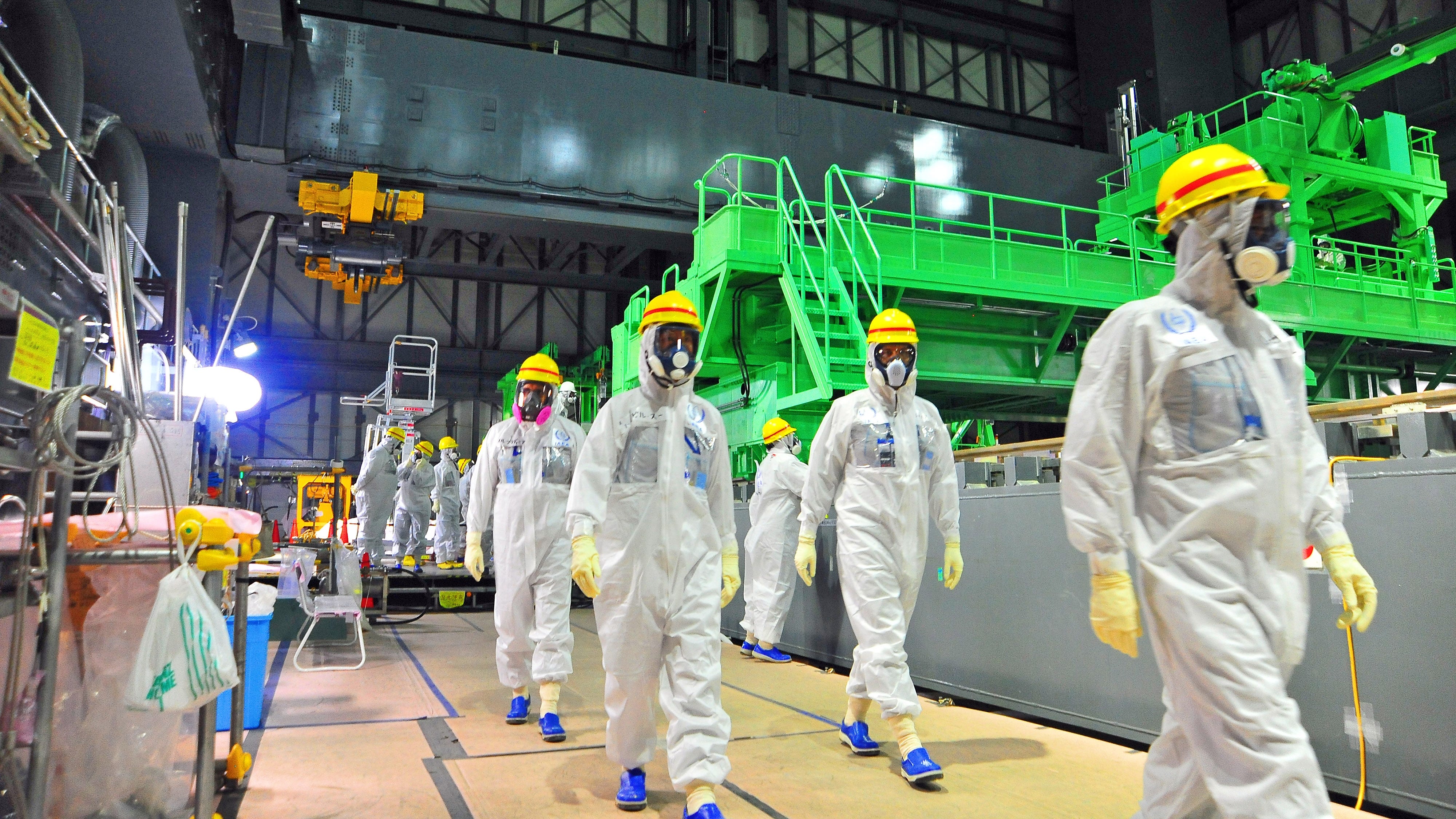U.S. Troops Guinea Pigs? Hate-China Campaign Means Fukushima Seafood for Military
U.S. military buys Japanese seafood to offset Chinese ban over safety concerns
The U.S. announced Monday that it will begin buying Japanese seafood for its troops stationed in the country to help Japan economically after China banned imports over safety concerns after the Fukushima nuclear plant toxic release into the Pacific.
Rahm Emanuel, the former President Barack Obama henchman who is the U.S. ambassador to Japan, made the announcement during an interview with Reuters.
"It's going to be a long-term contract between the U.S. armed forces and the fisheries and co-ops here in Japan," Emanuel said. “The best way we have proven in all the instances to kind of wear out China's economic coercion is come to the aid and assistance of the targeted country or industry.”
Earlier this month, China criticized Japan’s decision to carry out a release of the toxic wastewater that has been stored in large tanks at the site of the Fukushima nuclear meltdown after an earthquake and tsunami in 2011.
“We firmly oppose this unilateral move by Japan,” the Chinese foreign ministry said in a statement. It continued, “The international community needs to push for an international monitoring arrangement that will stay effective for the long haul and ensure that Japan’s neighboring countries and other stakeholders can participate substantively in the arrangement.”
The Associated Press reported that Japan planned to dump about 7,800 tons of treated water from 10 tanks in its latest round which is expected to last over two weeks. Its first round was on 24 August and ended on 11 September. Japan also released 7,800 tons in its first dump.
Keisuke Matsuo, a Tokyo Electric Power Company Holdings spokesman, said the company is following the procedures to the letter and “everything is moving smoothly as planned.”
Japan’s approach is to dilute the cooling water with sea water through an International Atomic Energy Agency-approved Advanced Liquid Processing System. The release will be gradual and take about three decades. The goal is to end up diluting the wastewater with seawater at a ratio of less than 1:100. The process removes most radionuclides except for tritium, a radioactive isotope.




